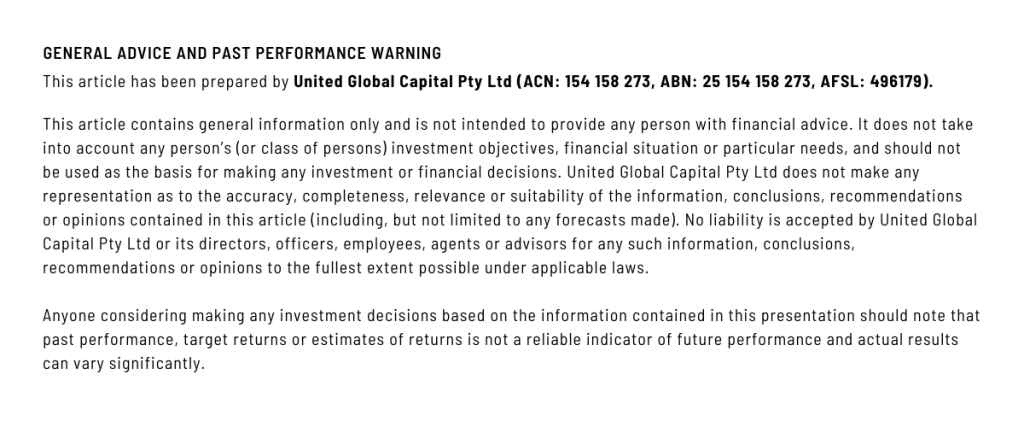First Home Owner Grant (FHOG) – A Basic Guide
Embarking on the journey to your first home is an adventure filled with excitement, anticipation, and a fair share of complexities. At the heart of this expedition lies the First Home Owner Grant (FHOG), a beacon of support for first-time homebuyers.
This article offers a detailed exploration of the FHOG, from its inception to its current state, providing invaluable insights for those embarking on the path to owning their first home. Whether you’re assessing eligibility, understanding grant amounts, or exploring potential concessions, this guide demystifies the process, paving the way for a smoother homeownership experience.

Overview of the First Home Owner Grant
The First Home Owner Grant, initiated by the Federal Government in 2000, aims to support first-time home buyers in acquiring a property. Over the years, the regulations and provisions of this grant have seen numerous modifications.
This nationwide scheme is financed by states and territories, and each administers its own version of the grant. Consequently, the FHOG’s rules are subject to annual adjustments by each state and territory.
This article delves into the core principles of the FHOG, its purpose, eligibility criteria, and directs you to state or territory-specific information.
Key Aspects of the First Home Owner Grant
Originally designed to mitigate the impact of GST on home ownership, the FHOG has evolved into an instrument for economic stimulation. It frequently adapts to housing market conditions and affordability challenges.
Grant Amounts in the FHOG
Visit the Federal Government First Home Owner Grant – General Information website, which provides access to state and territory-specific FHOG information. The grant amount varies across different regions, falling between $10,000 and $15,000. Note, the grand is primarily focused on new property constructions.

Eligibility Criteria for the FHOG
Common eligibility requirements across states and territories include:
- Exclusivity for first home buyers.
- One-time grant receipt.
- Applicant must be an Australian citizen or permanent resident (this may vary).
- Applicant must be an individual (not a company or trust).
- Mandatory residence in the property for a minimum of six months post-construction.
- Most regions require the applicant to be at least 18 years old.
- Property purchase price caps range from $575,000 to $750,000 (depending on state or territory).
- The property should be new or significantly renovated.
Potential Concessions
Depending on your region, you might qualify for:
- Stamp duty discounts or waivers.
- Additional grants or stamp duty reductions for regional properties.
- Access to the Home Guarantee Scheme (previously the First Home Loan Deposit Scheme).
Grant Payment Details
Payment schedules for the FHOG vary by state and territory but generally align with these conditions:
- Established home: Payment at settlement.
- Contract to build: Payment with the first builder’s progress payment.
- New home: Payment at settlement.
- Off-plan purchase: Payment at settlement.
Applying for the FHOG
You can submit application for the FHOG directly to your regional authority or through your home loan provider.
Navigating the complexities of the First Home Owner Grant can be challenging. At United Global Capital we’re specialised in providing expert advice and tailored solutions to help you make the most of such opportunities. Contact us today for personalised assistance in managing your assets and securing your financial future.

